Award Information
For a small number of promising graduate students, the IEEE Solid-State Circuits Society Predoctoral Achievement Award provides an honorarium as well as reimbursement of select expenses incurred by the awardee for attending the next International Solid-State Circuits Conference (ISSCC.)
New for this cycle: the two entries deemed most outstanding by the judges will be granted prizes named in memory of Willy Sansen, former president of the IEEE Solid-State Circuits Society (SSCS) and a luminary in analog integrated-circuit design research and education; and Kenneth Smith, a tireless contributor to ISSCC for more than 50 years and co-author of the landmark textbook Microelectronic Circuits. Recipients of these top prizes will each earn a $3,000 honorarium plus reimbursement of up to $2,000 in travel expenses to attend ISSCC. All Predoctoral Achievement Award applicants will automatically be considered for one of these two top prizes.
All other Predoctoral Achievement Award recipients will each receive a $1,000 honorarium plus reimbursement of up to $1,500 in travel expenses to attend ISSCC.
Applicants must be members of the IEEE and the Solid-State Circuits Society, have completed at least one year of study in a PhD program in the area of solid state circuits, and not have received a PhD degree in the area of solid state circuits prior to the final application deadline. Awards are made on the basis of academic record and promise, quality of publications, and a graduate study program well matched to the charter of SSCS. Prior winners of the Predoctoral Achievement Award will not be eligible. No more than two awards will be granted in a given year to students of one Principal Advisor.
Any individual applying in the same year for both the Predoctoral Achievement Award and a student travel grant via the STGA program will be eligible to receive only one award, to be determined at the discretion of the judges.
Required Material:
- A brief biography (1 paragraph, to be made publicly available if you are selected for an award)
- A headshot of yourself (vertical orientation strongly preferred)
- CV that includes: (a) your prior and current education, (b) a list of your career publications, and (c) any other useful information such as relevant work experience and service activities.
- Your PhD study plan. This should be succinct (maximum 3 pages) and include: (a) a tentative timeline starting from when you began the PhD and including key milestones such as qualifying exams and coursework (depending on your own institutional requirements), and (b) a description of the main question your thesis is attempting to address and why it is relevant. Please also tell us if you will be fabricating ICs, and if you are collaborating with others.
- At least two recommendation letters: one from the principal advisor addressing academic record, accomplishments, and promise; and one from your graduate research program (ideally from a professor who has instructed you.)
The next award cycle opens on June 1 and will run through October 15. Watch your email, social media, and our website for details!
If you have any questions, please email .
Please note: SSCS AdCom and Awards Committee members are ineligible for awards. A list of SSCS Awards Committee members can be found at the top of this page. Please refer to the SSCS Bylaws for a list of elected, appointed, or ex-officio AdCom positions whose holders are ineligible. The names of those holding AdCom positions can be found here.
2024-2025 Predoctoral Achievement Award Recipients
Yuefeng Cao received the B.S. degree (Hons.) in microelectronics from Sichuan University, Chengdu, China, in 2016, and the M.S. degree (Hons.) in microelectronics from Fudan University, Shanghai, China, in 2019. He is currently pursuing a Ph.D. degree in electrical and computer engineering at the University of Macau, Macau, China.
He was an Intern and an Analog Design Engineer with HiSilicon Technologies Company Ltd., Shanghai, in 2018 and from 2019 to 2021, respectively, where he was involved in high-performance analog/RF front-end designs.
Mr. Cao has first-authored multiple publications in prestigious IEEE journals and conferences, including International Solid-State Circuits Conference (ISSCC), Journal of Solid-State Circuits (JSSC), and Transactions on Circuits and Systems I (TCAS-I). Mr. Cao also co-authored several publications in Symposium on VLSI Circuits (VLSI), Custom Integrated Circuit Conference (CICC), and European Solid-State Circuits Conference (ESSCIRC). He was a recipient of the National Scholarship in 2014 and 2015, the Excellent Graduate Student of Sichuan Province Award in 2016, the Excellent Graduate Student of Fudan University Award in 2019, the HiSilicon Best Lecturer Award in 2021, the UM Macau Ph.D. Scholarship for the term of 2021–2025, and the IEEE SSCS 2024-2025 Predoctoral Achievement Award.
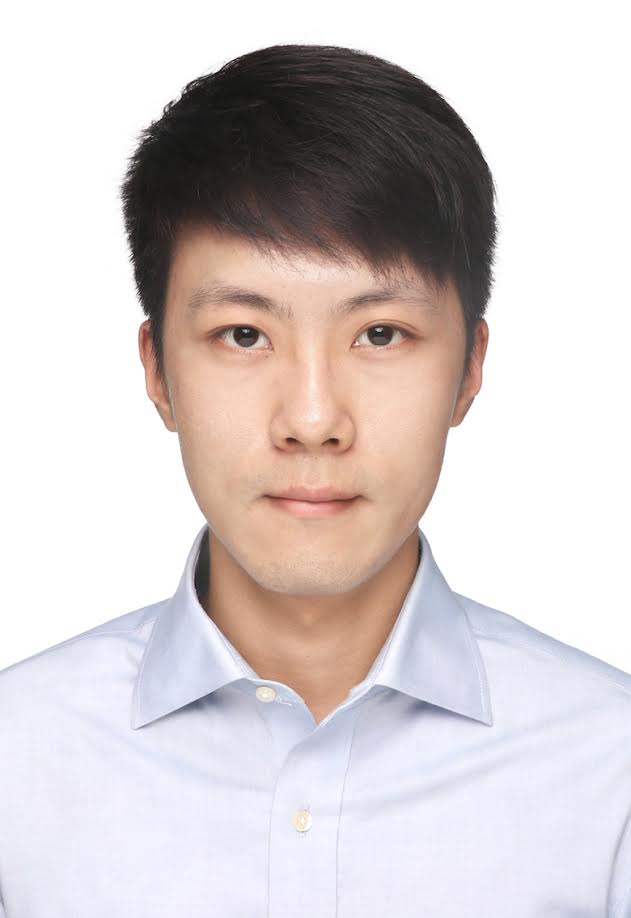
Yuefeng Cao
Emir Ali Karahan (Student Member, IEEE) received his B.S. degree from Bilkent University, Ankara, Turkey in 2019. He started his PhD in Princeton University Electrical and Computer Engineering Department in the same year. His research interests are mmWave/RFIC design and development of AI assisted algorithmic design approaches for RF/mmWave circuits. Emir was the co-recipient of the Advanced Practice Paper Award in IEEE International Microwave Symposium (IMS-2022). He was a recipient of Yan Huo’94 Fellowship from Princeton University for 2023, and Princeton School of Engineering and Applied Science Award for Excellence for 2024.
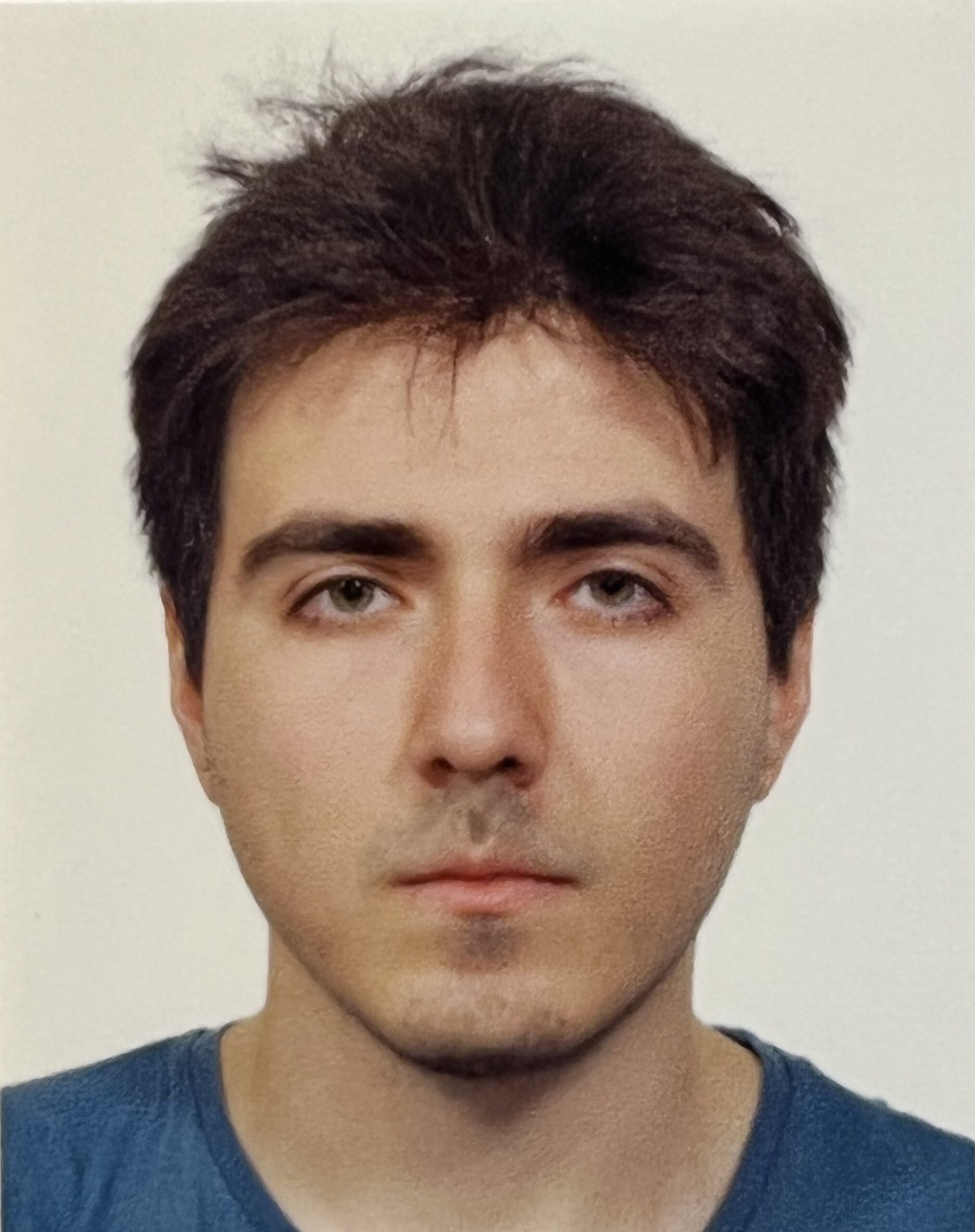
Emir Ali Karahan
Hyun-Su Lee (Graduate Student Member, IEEE) received the B.S. and M.S. degrees in electrical engineering from Korea University, Seoul, South Korea, in 2018 and 2021, respectively, where he is currently pursuing the Ph.D. Course. His current research interests include the design of biomedical IC for ultrasound systems, wireless power/data transfer, and stimulation/recordings.
His work so far resulted in seven first-authored IEEE publications such as International Solid-State Circuits Conference (ISSCC), Asian Solid-State Circuits Conference (ASSCC), Biomedical Circuits and Systems Conference (BioCAS), Journal of Solid-State Circuits (JSSC), Transactions on Biomedical Circuits and Systems (TBioCAS), and Transactions on Power Electronics (TPEL).
Mr. Lee was a recipient of the Korean President’s Award (1st) in the 23rd Korea Semiconductor Design Competition, South Korea in 2022, and also the IEEE Circuits and Systems Society (CASS) Pre-Doctoral Grant in 2023. Additionally, he was a recipient of the IEEE International Solid States Circuits Conference (ISSCC) Student Travel Grant Award in 2024 and also the IEEE Solid-State Circuits Society (SSCS) Predoctoral Achievement Award for 2024-2025.
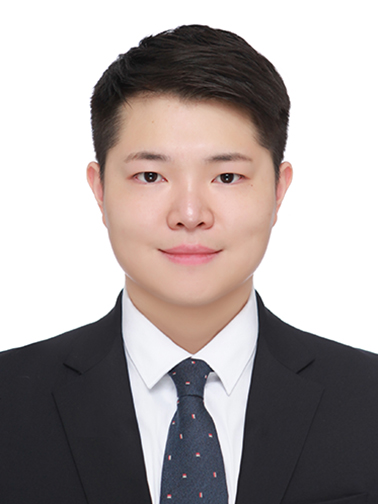
Hyun-Su Lee
Yechan Park received the B.S. degree in Electrical Engineering from Ajou University, Suwon, Korea, in 2017, and the M.S. degree in Electrical Engineering from Korea Advanced Institute of Science and Technology (KAIST), Daejeon, Korea, in 2020. He is currently pursuing the Ph.D. degree in Electrical Engineering at KAIST, Daejeon, Korea. His research focuses on the design of energy-efficient integrated circuits and systems for extremely miniaturized wireless implants.
He has first-authored three papers in IEEE International Solid-State Circuits Conference (ISSCC) and co-authored several publications in IEEE ISSCC, IEEE Symposium on VLSI Technology and Circuits (VLSI), IEEE Journal of Solid-State Circuits (JSSC), IEEE Transactions on Biomedical Circuits and Systems (TBioCAS), and IEEE Transactions on Power Electronics (TPE). He was the recipient of the Bronze Prize in the 27th Humantech Paper Award from Samsung Electronics, Suwon, South Korea, in 2021.

Yechan Park
Zhiguo Tong received the B.E. degree in Electronic Science and Technology from Tianjin University, Tianjin, China, in 2018 and the M.Sc. Degree in Microelectronics from Fudan University, Shanghai, China, in 2021. He joined the University of Macau in August 2021 and is currently pursuing the Ph.D. degree in Microelectronics with the State Key Laboratory of Analog and Mixed-Signal VLSI, University of Macau. In the summer of 2024, He was a Visiting Scholar with the IMS-MX Group, Leibniz University Hannover, Germany.
His research work mainly focuses on high-efficiency, high-density power delivery architectures and circuits for electronic systems like humanoid robots and high-performance computing. He has first-authored three papers at the IEEE International Solid-State Circuits Conference (ISSCC), including one co-first-authored paper. In addition, he has published or submitted two first-authored papers in the Journal of Solid-State Circuits (JSSC). Zhiguo was awarded the Best Student Poster Award at PwrSoC 2023 and currently serves as a technical reviewer for the IEEE Journal of Solid-State Circuits (JSSC).
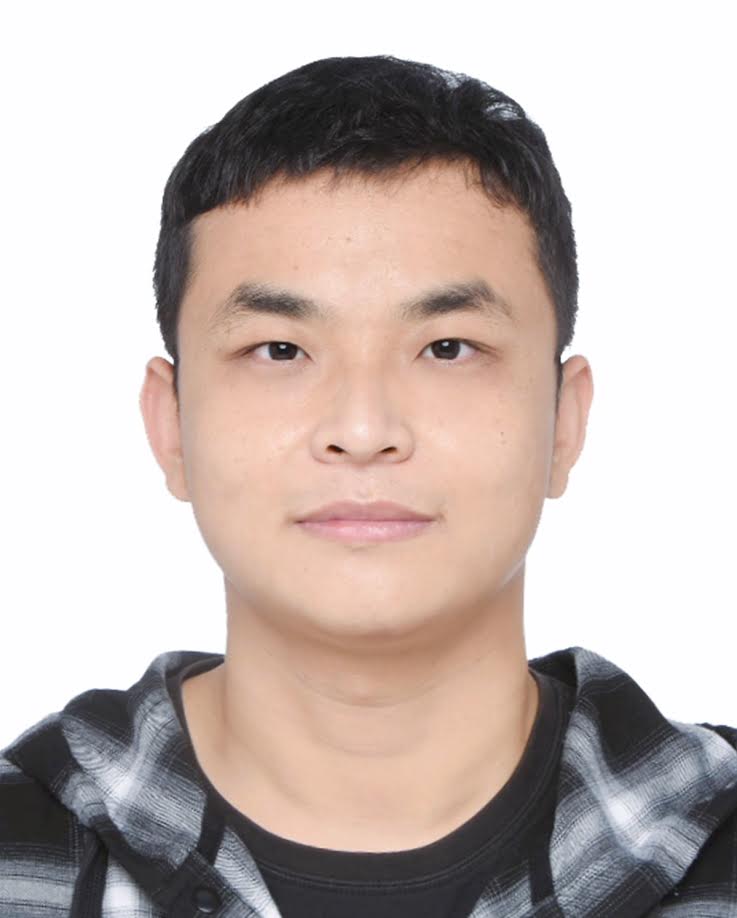
Zhiguo Tong
Wei Wang received the B.E. degree in Electronic Information Science and Technology from Harbin Institute of Technology, Harbin, China, in 2016, and the M.S. degree in Integrated Circuit Engineering from Tsinghua University, Beijing, China, in 2019. He is currently a Ph.D. student in Electrical and Computer Engineering at Rice University, Houston, TX. He was an analog circuit design intern with Apple, Waltham, MA, in 2024 summer.
His research interests include analog and mixed-signal circuit design for bioelectronics, power management, low-power communication, and security. He first-authored four papers in the Journal of Solid-State Circuits (JSSC), the International Solid-State Circuits Conference (ISSCC), and the Symposium on VLSI Technology and Circuits (VLSI). He was a co-recipient of the Best Paper Award at 2022 MobiCom and the Best Student Paper Finalist at 2022 RFIC. Wei has served as a reviewer for JSSC and TAES.
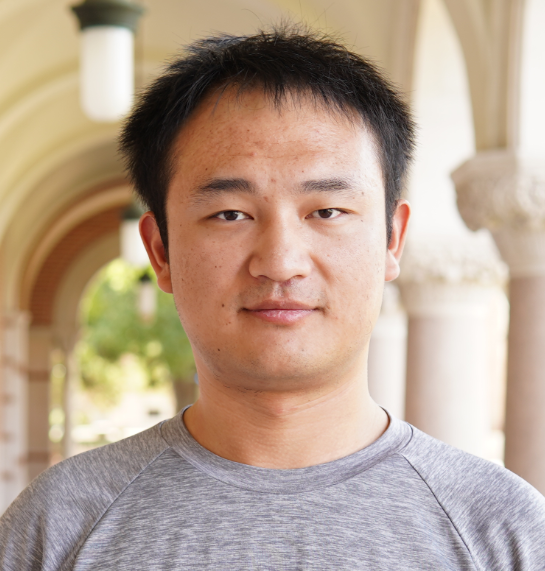
Wei Wang
Siyuan Ye received the B.S. degree from Peking University, Beijing, China in 2020, where he ranked 1st in the Department of Microelectronics. He is currently pursuing the Ph.D. degree in Peking University. His research interest includes high power efficiency data converter and analog front end design.
He has first-authored three papers in International Solid-State Circuits Conference (ISSCC) and one paper in Journal of Solid-State Circuits (JSSC). He is a co-recipient of the 2023 ISSCC Anantha P. Chandrakasan Award for Distinguished-Technical-Paper and the 2024 CICC Michael A.Zachariah Outstanding Student Paper Award. He has also co-authored several papers in ISSCC, JSSC, the IEEE Solid-State Circuits Letters (SSC-L), the IEEE Custom Integrated Circuits Conference (CICC) and European Solid-State Circuits Conference (ESSCIRC).

Siyuan Ye
Basem Abdelaziz Abdelmagid (Graduate Student Member, IEEE) received the B.Sc. (with honors) and M.Sc. degrees from the electronics and electrical communications engineering department, Cairo University, Giza, Egypt, in 2018 and 2021, respectively. From 2018 to 2020, he was an analog/mixed-signal IC Design Engineer with Si-Vision, Cairo.
He is currently working toward the Ph.D. degree in the Department of Information Technology and Electrical Engineering (D-ITET), Swiss Federal Institute of Technology Zürich (ETH Zürich), Zürich, Switzerland. His current research interests include mm-Wave/sub-THz integrated circuits and systems for next-generation wireless communication and sensing applications. He has first-authored and co-authored several papers in IEEE International Solid-State Circuits Conference (ISSCC), IEEE Custom Integrated Circuit Conference (CICC), IEEE Journal of Solid-State Circuits (JSSC), IEEE Transactions on Circuits and Systems I (TCAS-I), IEEE Transactions on Microwave Theory and Techniques (TMTT), and IEEE Microwave and Wireless Technology Letters (MWTL). He has also served as a reviewer for the IEEE TMTT.
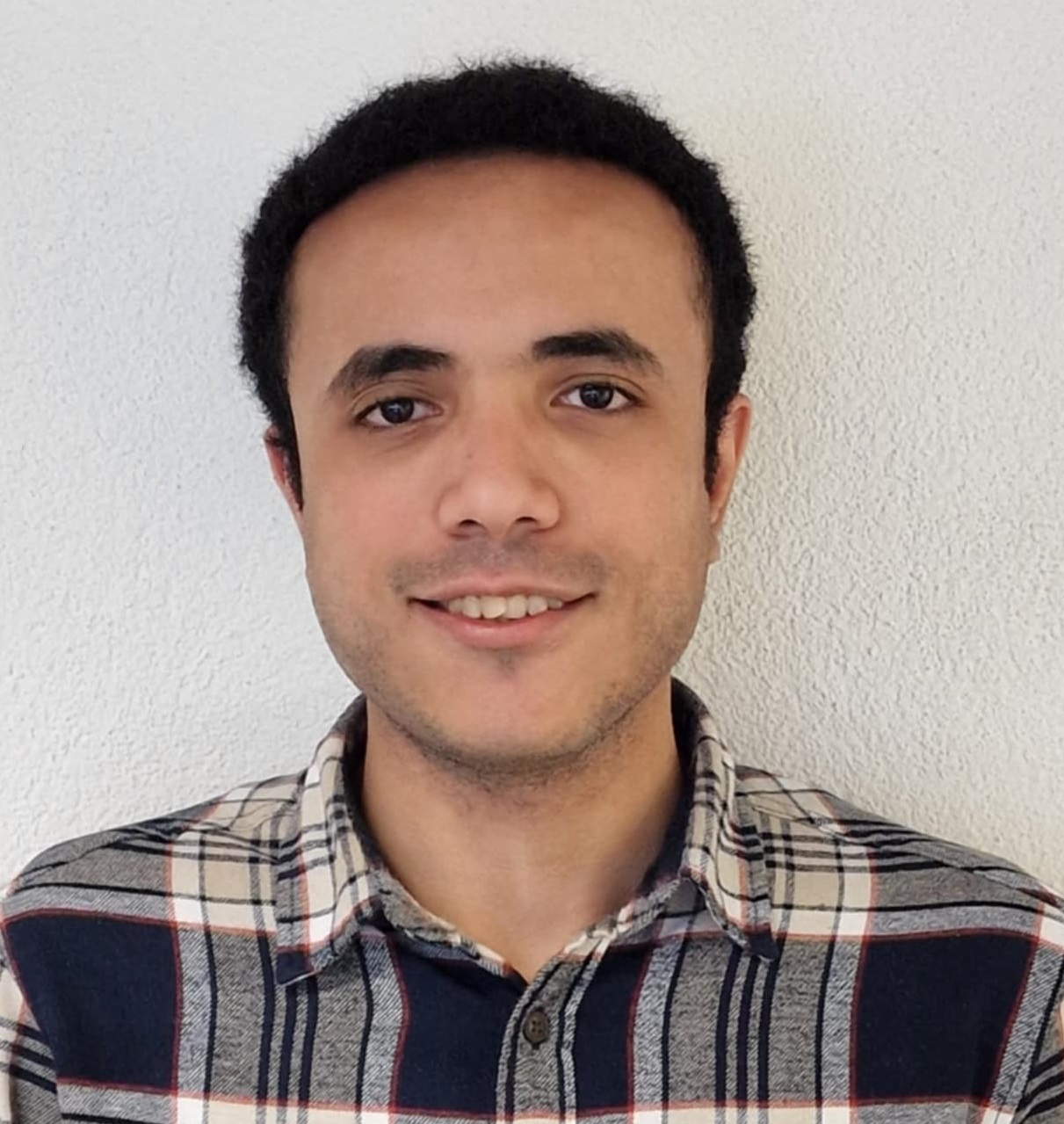
Basem Abdelaziz Abdelmagid
Jooyoung Bae (Graduate Student Member, IEEE) earned her B.S. degree in Electronic Engineering from Kwangwoon University, Seoul, South Korea, in 2014, and her M.S. degree in Electrical Engineering from the Korea Advanced Institute of Science and Technology (KAIST), Daejeon, South Korea, in 2016. From 2016 to 2021, she worked as a memory circuit designer at SK Hynix, Icheon, South Korea. She is currently pursuing her Ph.D. degree in the Department of Electrical and Computer Engineering (ECE) at the University of California, Santa Barbara, Santa Barbara, CA, USA. Her research focuses on in-memory computing for machine learning (ML)/Ising machines and simulated quantum computing.
In the summer of 2024, she worked as a Ph.D. intern with the Technology Innovation Directorate Integrated Circuit group at SLAC National Accelerator Laboratory. She has first-authored and co-authored several publications in the IEEE International Solid-State Circuits Conference (ISSCC) and the IEEE Journal of Solid-State Circuits (JSSC). She has also served as a reviewer for the IEEE JSSC.

Jooyoung Bae
Shuhao Fan (Graduate Student Member, IEEE) received her B.Sc. in Electronic and Information Engineering from Northeast Forestry University in Harbin, China, in 2016, and her M.Sc. in IC Design Engineering from the Hong Kong University of Science and Technology in 2017. She is currently pursuing a Ph.D. at the State Key Laboratory of Analog and Mixed-Signal VLSI at the University of Macau. From January to June 2024, she was a visiting scholar at Harvard University in Cambridge, MA, USA. Her research focuses on developing miniaturized nuclear magnetic resonance platforms with customized CMOS integrated circuits, leading to first-authored publications in prestigious venues such as the International Solid-State Circuits Conference (ISSCC), the Biomedical Circuits and Systems Conference (BioCAS), the Journal of Solid-State Circuits (JSSC), and the Transactions on Circuits and Systems I (TCAS-I), among others. She holds two related patents and received the Best Student Poster Award at the IC Advances in China (ICAC) workshop in 2023, as well as the IEEE Circuit and System Society (CASS) Student Travel Grant Award in 2024. Additionally, she has served as a reviewer for the JSSC, the International Symposium on Circuit and System (ISCAS), and the Journal of Magnetism and Magnetic Materials.
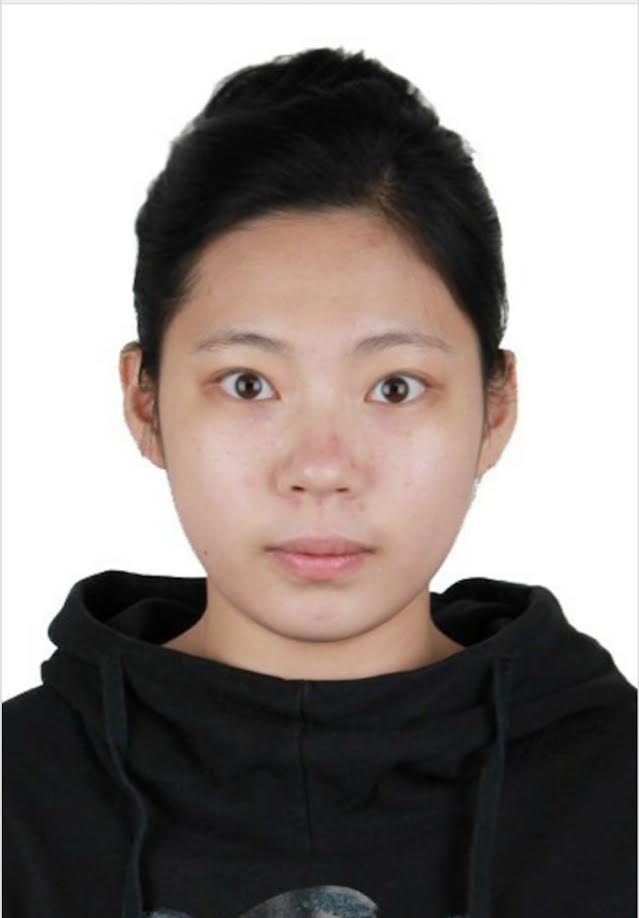
Shuhao Fun
Liqun Feng (Graduate Student Member, IEEE) received the B.E. degree in integrated circuit design and integration systems from the School of Microelectronics, Tianjin University, Tianjin, China, in 2020. He is currently pursuing the Ph.D. degree under the supervision of Prof. Woogeun Rhee with the School of Integrated Circuits, Tsinghua University, Beijing, China.
His research interests include mixed-signal and RF integrated circuit design, especially frequency synthesizers and wireless transceivers for low-power short-range applications. He has first-authored several papers, including conference papers at International Solid-State Circuits Conference (ISSCC), Custom Integrated Circuit Conference (CICC) and Asian Solid-State Circuit Conference (A-SSCC) and journal papers in Journal of Solid-State Circuits (JSSC) and Transactions on Circuits and Systems II (TCAS-II). He has served as a reviewer for Transactions on Circuits and Systems I (TCAS-I) and International Symposium on Circuits and Systems (ISCAS).

Liqun Feng
Haoran Li received the B.Sc. degree in electronics from the University of Electronic Science and Technology of China (UESTC), Chengdu, China, in 2020. He is currently pursuing the Ph.D. degree with the State-Key Laboratory of Analog and Mixed-Signal VLSI, University of Macau, Macao, China.
His research interests include mm-Wave to THz oscillators and PLLs for high-speed communications. He has first-authored and co-authored several papers in International Solid-State Circuits Conference (ISSCC), IEEE Journal of Solid-State Circuits (JSSC), IEEE Transactions on Circuit and System I (TCAS-I) and Asian Solid-State Circuits Conference (A-SSCC).
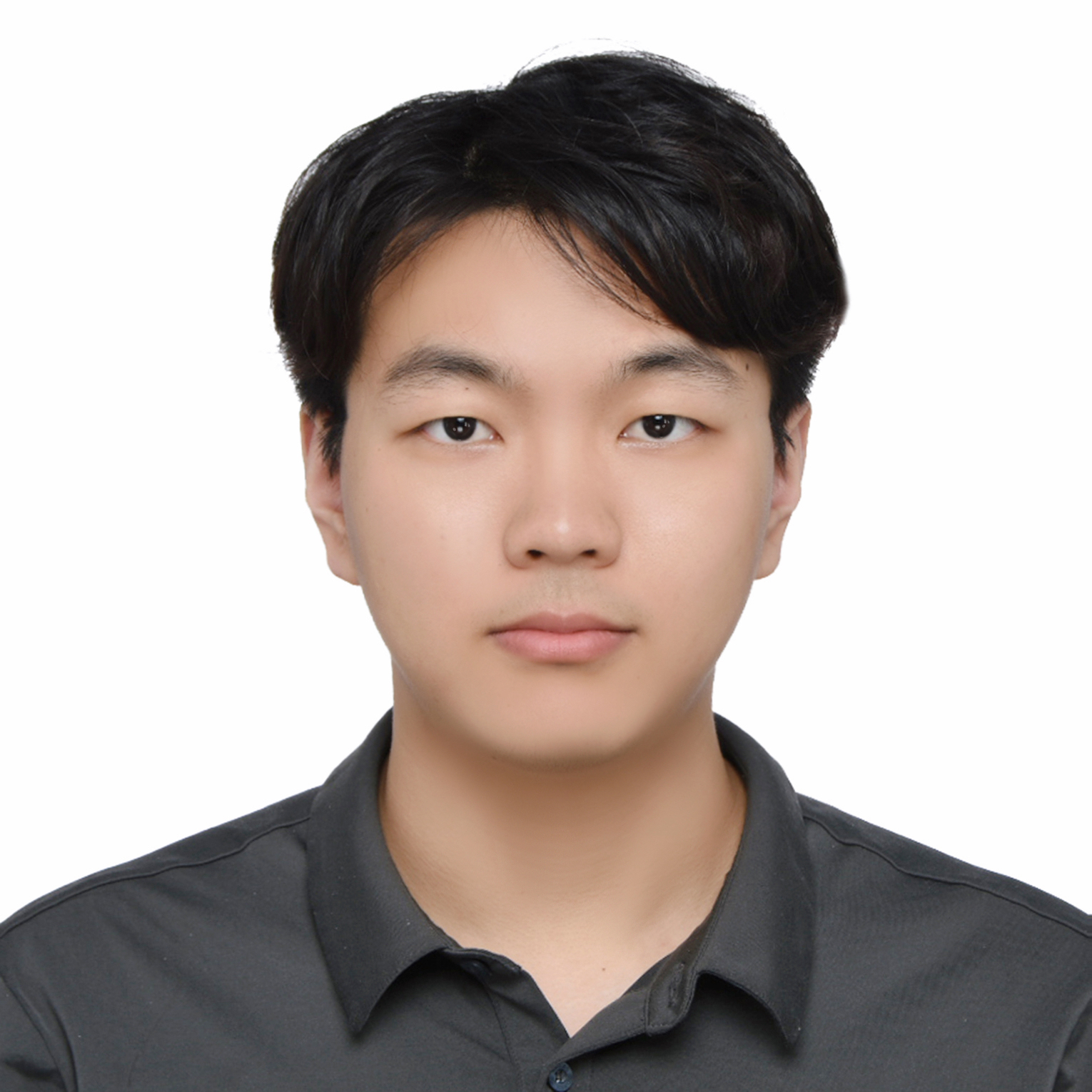
Haoran Li
Jinchen Wang received the B.Eng. degree in Electronic Information Engineering from the University of Electronic Science and Technology of China in 2019 and the B.Eng. degree with first-class honors in Electronics and Electrical Engineering from the University of Glasgow in 2019. He earned the M.S. degree in Electrical Engineering and Computer Science from the Massachusetts Institute of Technology in 2022. He is currently pursuing the Ph.D. in the Department of Electrical Engineering and Computer Science at MIT. His research interests include RF/mmW/THz circuits, algorithms, and systems for wireless communication, quantum computing, radar imaging, and other novel applications.
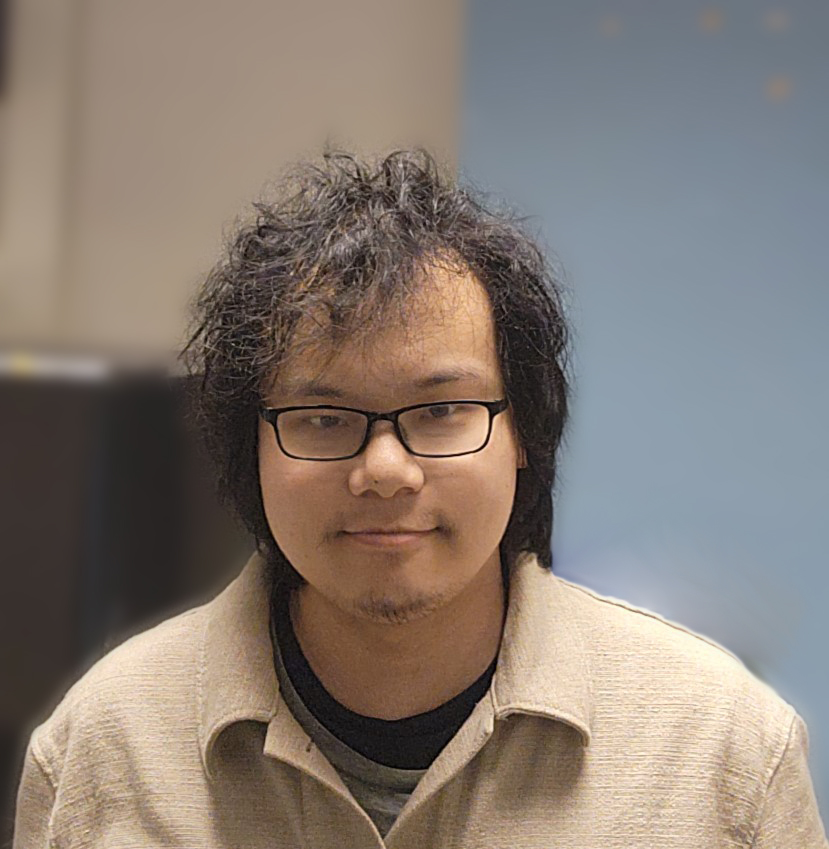
Jinchen Wang
Mostafa Ayesh (Member, IEEE) received his B.Sc. (Hons.) and M.Sc. degrees in electronics and electrical communications engineering from Alexandria University, Alexandria, Egypt, in 2013 and Ain Shams University, Cairo, Egypt, in 2017 respectively. He also earned M.Sc. and PhD degrees in electrical and computer engineering from the University of Southern California, Los Angeles, CA, USA, in 2022 and 2024 respectively. In the Summer of 2018, he was an AMS Design Intern with Skyworks, Newbury Park, CA, USA. In Summers 2022 and 2023, he was an AMS/RFIC Design Intern with Qualcomm Inc., Irvine, CA, USA. He also worked as an Analog-Mixed/RFIC Design Engineer at Silicon Vision, Cairo, (Synopsys Inc., Sunnyvale, CA, USA, contractor) from December 2015 to May 2017. His research interests include wireless and wireline transceivers, RF and mm-Wave power amplifiers, and low-power high-speed data converters., Dr. Ayesh was a recipient of the USC Annenberg Fellowship from 2017 to 2021 and the IEEE CICC 2019 Student Travel Grant Award. He serves as a Reviewer for the IEEE Journal of Solid-State Circuits (JSSC), the IEEE Solid-State Circuits Letters (SSC-L), the IEEE International Midwest Symposium on Circuits and Systems (MWSCAS), and the IEEE International Symposium on Circuits and Systems (ISCAS).
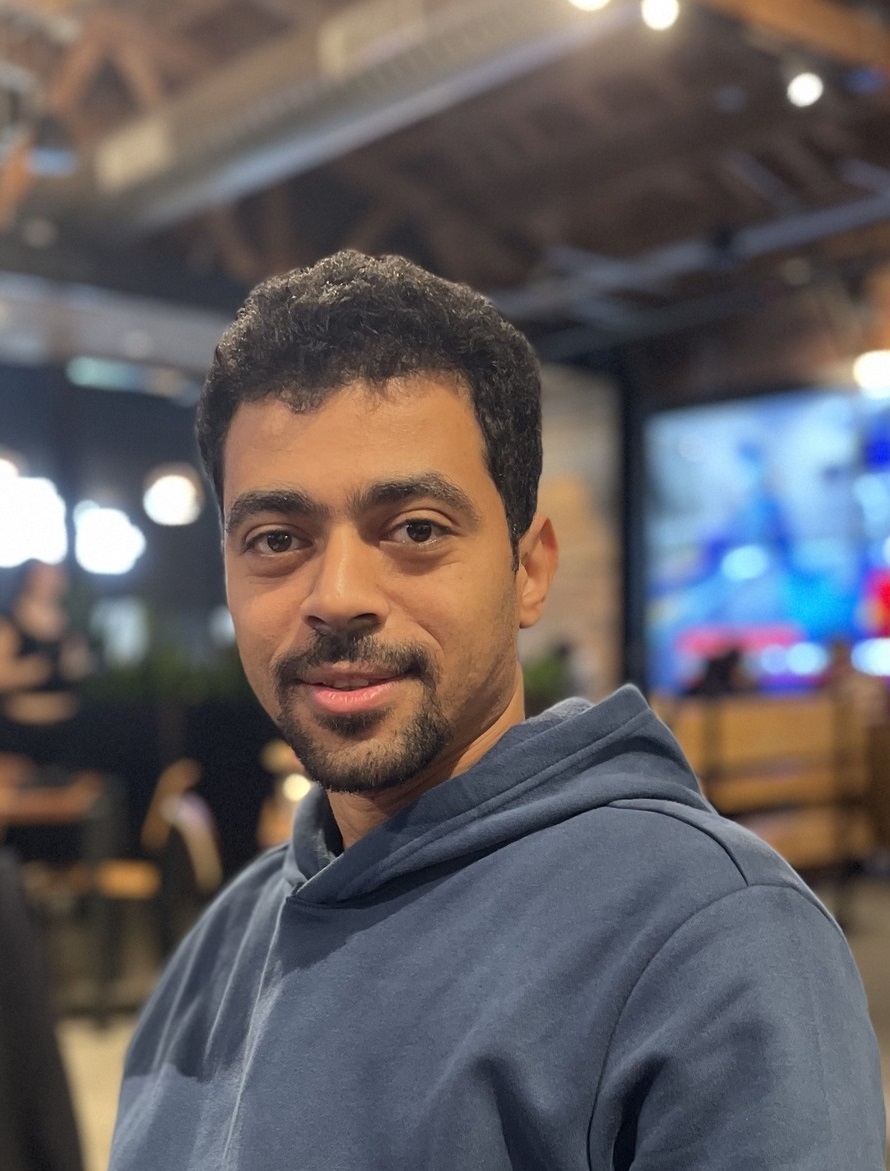
Mostafa Ayesh
Fuzhan Chen received the B.S. degree from Hefei University of Technology, Anhui, China, in 2017, and then recommended to University of Chinese Academy of Sciences, Beijing, China, where he obtained the M.S. degree in 2020. He is currently pursuing the PhD degree in the Department of Electronic and Computer Engineering, Hong Kong University of Science and Technology, Hong Kong SAR, China. His research focuses on transceiver integrated circuit design for high-speed optical and wireline communications. His works have led to several first-authored publications at the International Solid-State Circuits Conference (ISSCC), Custom Integrated Circuits Conference (CICC), and European Solid-State Circuits Conference (ESSCIRC).
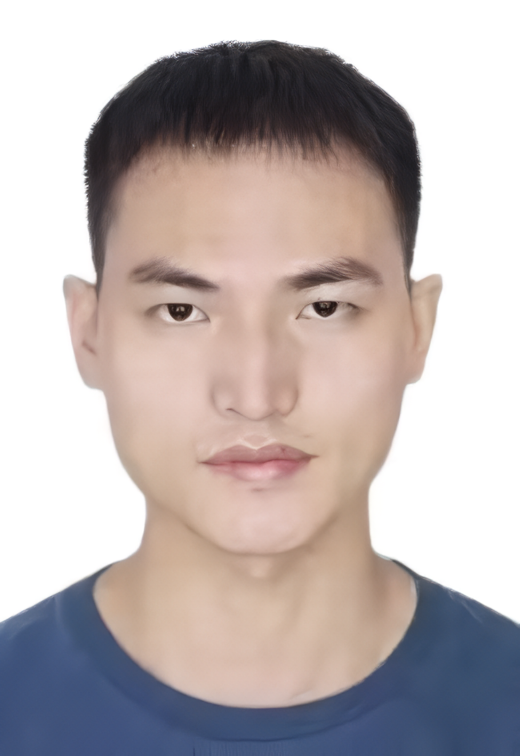
Fuzhan Chen
Ahmed Gharib Gadelkarim is a Graduate Student Member, IEEE. He received the B.S. and M.S. degrees from Cairo University, Cairo, Egypt, in 2014 and 2020, respectively, all in electrical engineering.
He worked at Si-Vision LLC. between 2016 and 2021 on projects include low power RF, data converters, and high-speed serial links.
He is currently pursuing a Ph.D. degree in electrical engineering at University of California San Diego (UCSD), CA, USA. His current research is focused on energy efficient systems and circuits for Low power Milimeter-Wave receivers and Ultra-low-power RF receivers at Energy Efficient Micro Systems (EEMS) Lab.

Ahmed Gharib Gadelkarim
Changxuan Han received the B.E. degree (with honors) in electronic science and technology from the University of Electronic Science and Technology of China, Chengdu, China, in 2021, where he is currently pursuing the Ph.D. degree in electronic science and technology. His research interests include integrated microwave/ millimeter-wave receiver and multi-functional passive components.
Mr. Han was a recipient of the IEEE Microwave Theory and Technology Society (MTT-S) Undergraduate/Pregraduate Scholarship Award in 2021, the IEEE International Microwave Symposium (IMS) Student Design Competition Award in 2019, and the IEEE International Symposium on Radio-Frequency Integration Technology (RFIT) Best Student Paper Award in 2019.
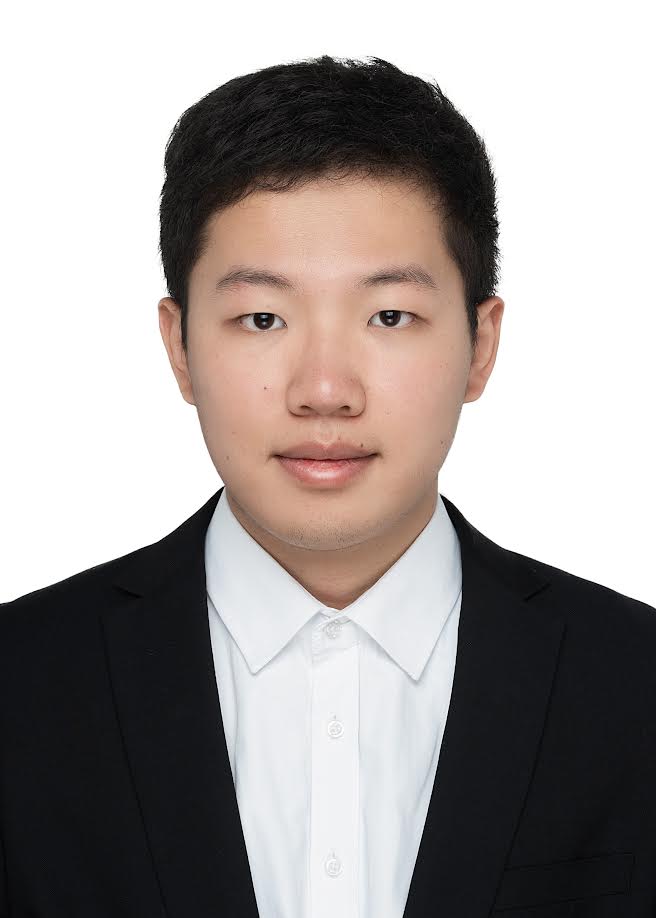
Changxuan Han
Yaolong Hu received the B.Eng. degree from Zhejiang University, Hangzhou, China, in 2018. He is currently pursuing the Ph.D. degree in electrical and computer engineering with Rice University, Houston, TX, USA. From May 2022 to August 2022, he was an Analog Design Intern with Kilby Labs, Texas Instruments Inc., Dallas, TX, USA. His research interests include millimeter-wave integrated circuits and systems. He received the ISSCC travel grant award in 2024, the IEEE Custom Integrated Circuits Conference (CICC) Best Student Paper Award in 2021, and the IEEE International Microwave Symposium (IMS) Advanced Practice Paper Award Finalist in 2021 and 2024. He was also a corecipient of the IEEE RFIC Symposium Best Industry Paper Award Finalist in 2023. He has served as a reviewer for the IEEE Transactions on Microwave Theory, IEEE Transactions on Circuits and Systems I: Regular Papers, and Techniques and the IEEE Transactions on Circuits and Systems Part II: Express Briefs.
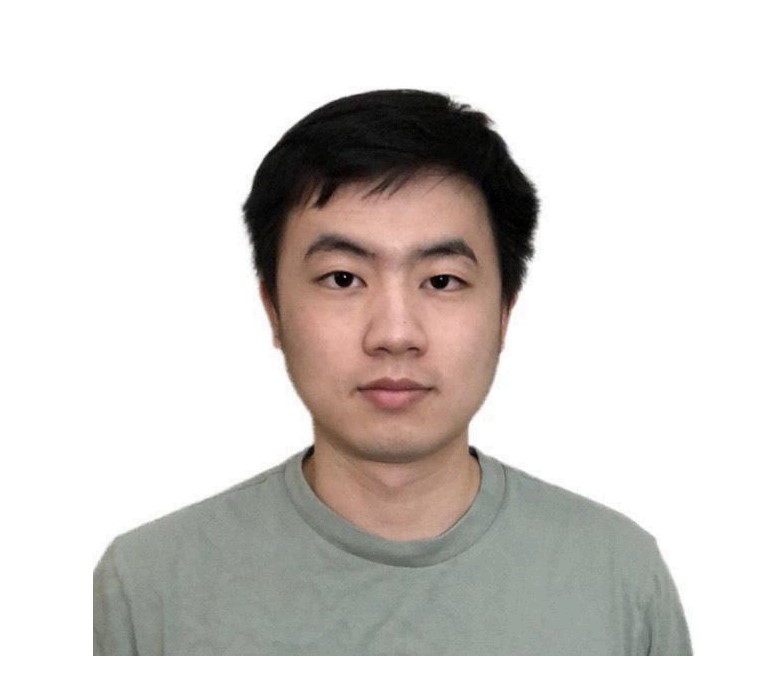
Yaolong Hu
Hyunjin Kim received the B.S. degree in electrical engineering and the M.S. degree in semiconductor system engineering from Korea University, Seoul, South Korea, in 2019 and 2021, respectively, where he is currently pursuing the Ph.D. degree. He has been working on power management integrated circuit design, especially low-power analog circuits, energy harvesting systems, switched-capacitor circuits, linear dropout regulators, and hybrid DC-DC converters. In addition, his Ph.D. research also includes high-speed ADC design, probabilistic computing systems, and in-memory computing systems. He authored four papers at the Journal of Solid-State Circuits (JSSC), one paper at the Transactions on Power Electronics (TPEL), and one paper at the Scientific Reports, and presented two papers at the International Midwest Symposium on Circuits and Systems (MWSCAS) conference. In addition, he has served as a reviewer for the Journal of Solid-State Circuits (JSSC), the Transactions on Very Large Scale Integration Systems (TVLSI), and the Journal of Power and Energy Systems (JPES). Mr. Kim received the Minister of Trade, Industry, and Energy award at the 24th Korea Semiconductor Design Contest in 2023. Currently, he is the recipient of the Ph.D. Course Research Scholarship from the National Research Foundation of Korea from 2023 to 2025.
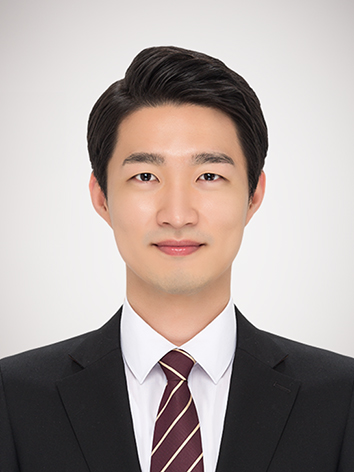
Hyunjin Kim
Rahul Lall received his B.S.H. degree in Electrical Engineering from Stanford University in 2021, graduating as a Frederick E. Terman Scholar (top 30 students). His research at Stanford focused on developing a point-of-care magnetic-biosensing platform for early-detection of cancer. He received his M.S. in Electrical Engineering and Computer Sciences (EECS) from the University of California, Berkeley (UC Berkeley) in 2023, and is currently pursuing his Ph.D. in EECS at UC Berkeley with a focus on developing biomedical circuits and sensors for optimizing cancer radiation therapy. His work has led to one pending US patent and has been published at numerous conferences and journals in the fields of integrated circuits, electronics packaging, and nuclear medicine. He will be presenting his design of a γ photon spectrometer ASIC for precision radioguided cancer resection at the 2025 ISSCC. Rahul has previously worked on carbon nanotube transistors (Stanford, 2018-19), flexible electronics (GE Research Center, 2019), and heterogenous integration (IBM AI Hardware Research Center, 2020-21). He was the recipient of the NSF Graduate Research Fellowship in 2021, the IEEE ITherm Best Paper Award in 2022, and the Best of Physics Award at the American Society for Radiation Oncology Annual Meeting in 2023.

Rahul Lall
Yanqiao Li received his B.E. degree from the University of Electronic Science and Technology of China (UESTC), Chengdu, China, in 2016, and his M.S. degree in electrical engineering from the University of Michigan, Ann Arbor, MI, USA, in 2018. He is currently pursuing his Ph.D. degree at the Thayer School of Engineering, Dartmouth College, Hanover, NH, USA. He is working in integrated circuits that leverage hybrid and switched capacitor dc–dc converters for low-power, high-voltage applications. His research has resulted in 2 pending US patents and 10 publications, including 2 first-authored papers in IEEE International Solid-State Circuits Conference (ISSCC), 2 in the Journal of Solid-State Circuits (JSSC), and 2 in the IEEE Custom Integrated Circuit Conference (CICC). He was a recipient of the 2023 IEEE Workshop on Control and Modeling for Power Electronics (COMPEL) Best Paper Award and travel grants from both the 2023 IEEE COMPEL and the 2023 Energy Conversion Congress and Exposition (ECCE). He has served as a reviewer for the IEEE Solid-State Circuits Letters (SSC-L), the IEEE Journal of Emerging and Selected Topics in Power Electronics (JESTPE), the IEEE Transactions on Circuits and Systems II: Express Briefs (TCSII), and Applied Power Electronics Conference (APEC).
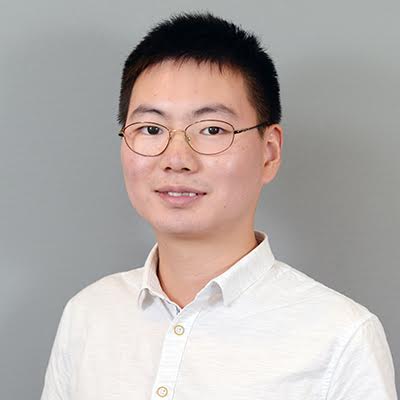
Yanqiao Li
Qinjing Pan (Graduate Student Member, IEEE) received his B.E. Degrees in Huazhong University of Science and Technology, Wuhan, China. He is currently pursuing the Ph.D. Degree in the school of microelectronics, Fudan University, Shanghai, China. His current research interests include circuit design of high-precision analog front-end for biomedical applications and sensor interfaces. Mr. Pan was a recipient of the ISSCC Silkroad Award in 2022.

Qinjing Pan
Kareem Rashed (Graduate Student Member, IEEE) received the B.Sc. (Hons.) and M.Sc. degrees in electronics and communications engineering from Cairo University, Cairo, Egypt, in 2016 and 2020, respectively. He is currently pursuing the Ph.D. degree in electrical engineering with Oregon State University, Corvallis, OR, USA.
From 2016 to 2021, he was a Design Engineer at Analog Devices (ADI), Cairo, Egypt working on a wide range of Analog/RF/millimeter-wave circuits for wireless communications. His current research interests include exploring new analog/RF integrated circuits and systems for communications, sensing, and approximate computing. Mr. Rashed was a recipient of the 2024 Analog Devices Outstanding Student Designer Award. He has authored/co-authored papers in top journals and conferences including the International Solid-State Circuits Conference (ISSCC) and the IEEE Journal of Solid-State Circuits (JSSC).
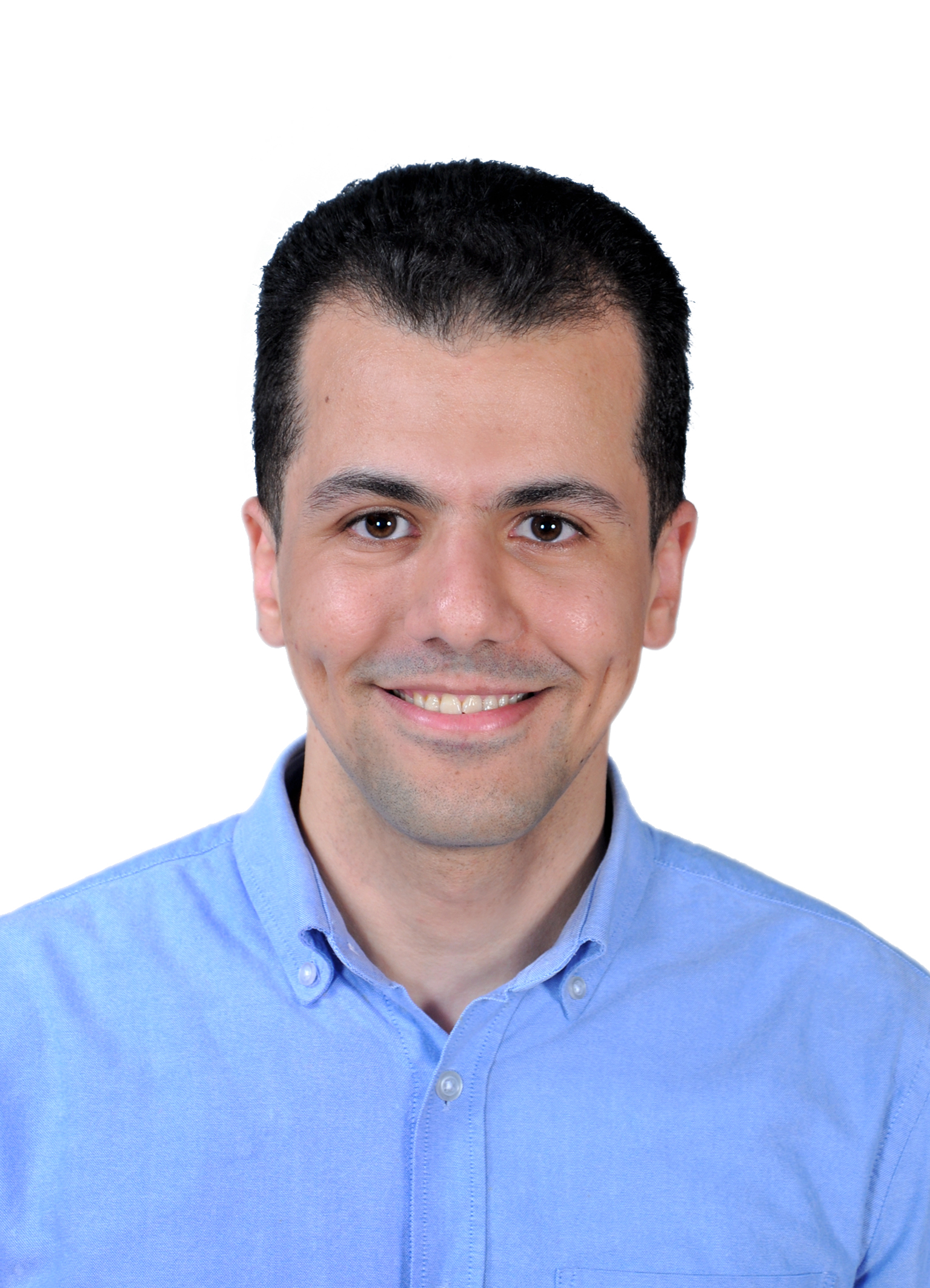
Kareem Rashed
Yunsong Tao (Graduate Student Member, IEEE) received the B.S. degree from the Department of Electronic Engineering, Tsinghua University, Beijing, China, in 2021, where he is currently pursuing the Ph.D. degree. He visited the Department of Physics, University of Oxford, Oxford, UK, from 2017 to 2018, as a Yinghua Scholar with a full-ride scholarship (about 8 students per year in Tsinghua University). His research interests include high-performance analog-to-digital data converters and mixed-signal integrated circuits.
Mr. Tao was a recipient of the National Scholarship in 2018. He has first-authored and co-authored several publications in IEEE International Solid-State Circuits Conference (ISSCC), Journal of Solid-State Circuits (JSSC), Open Journal of the Solid-State Circuits Society (OJ-SSCS), European Solid-State Circuits Conference (ESSCIRC), Asian Solid-State Circuits Conference (A-SSCC), and International Symposium on Circuits and Systems (ISCAS). He has served as a technical reviewer for IEEE JSSC and IEEE Transactions on Very Large Scale Integration Systems (TVLSI).
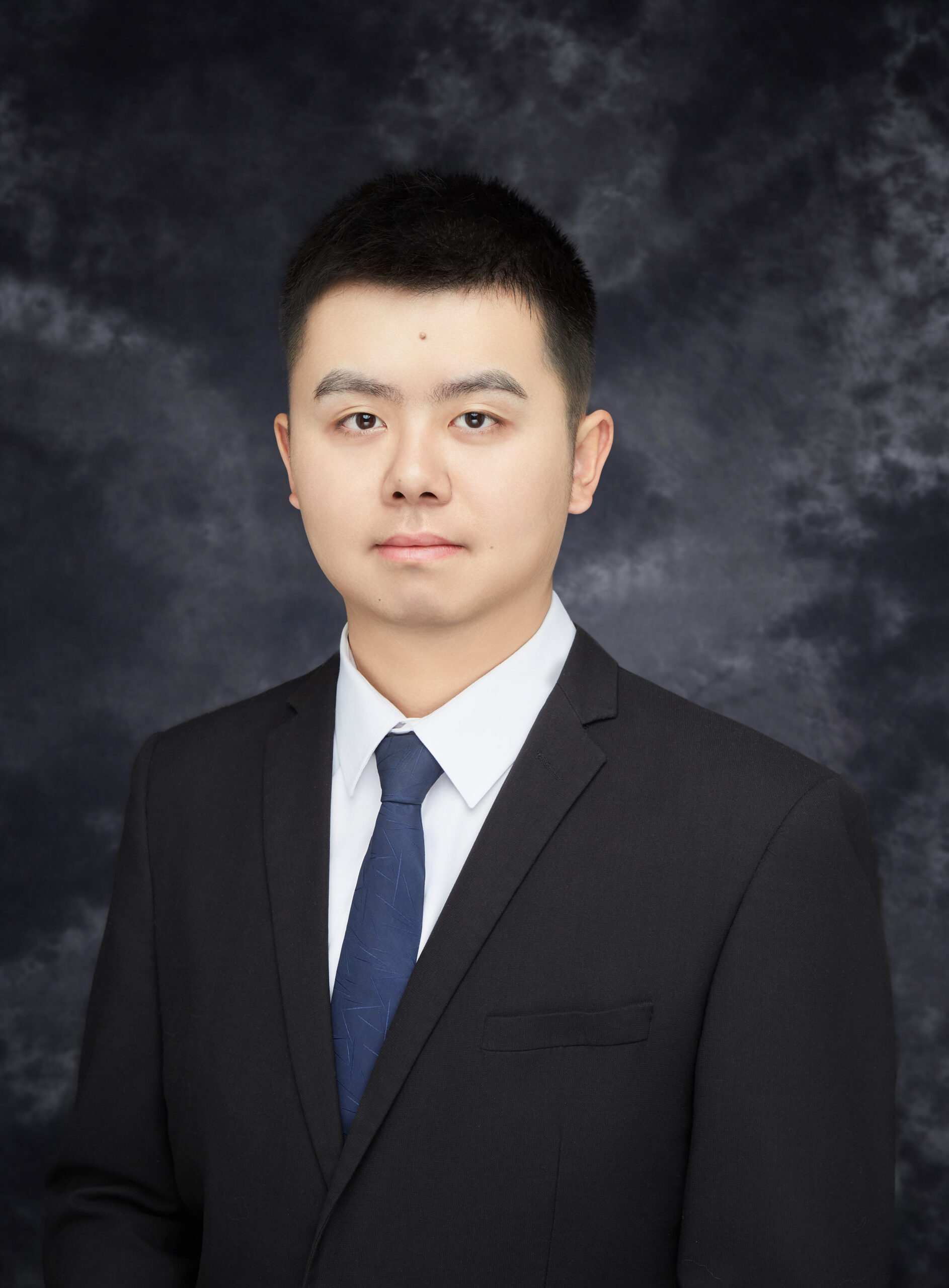
Yunsong Tao
Dingxin Xu received the B.Eng. degree from Southern University of Science and Technology, Shenzhen, China, in 2018, and the M. Eng. Degree from Tokyo Institute of Technology, Tokyo, Japan, in 2020, where he is currently pursuing the Ph.D. degree in electronic engineering. His current research interests include mixed-signal circuit and frequency synthesizer design, which has resulted in first-authored publications in Custom Integrated Circuits Conference (CICC), International Solid-State Circuits Conference (ISSCC), and Journal of Solid-State Circuits (JSSC).
He was a recipient of Tokyo Tech Advanced Human Resource Development Fellowship for Doctoral Students during 2021-2023. In the summer of 2023, he was an intern with RF/Analog Department of Qualcomm, San Diego, CA, USA, where he was designing frequency synthesizer in advanced technology node. He has served as a reviewer for the IEEE Journal of Solid-State Circuits (JSSC), IEEE Transaction on Circuits and Systems I (TCAS-I), and IEEE Solid-State Circuits Letters (SSC-L).
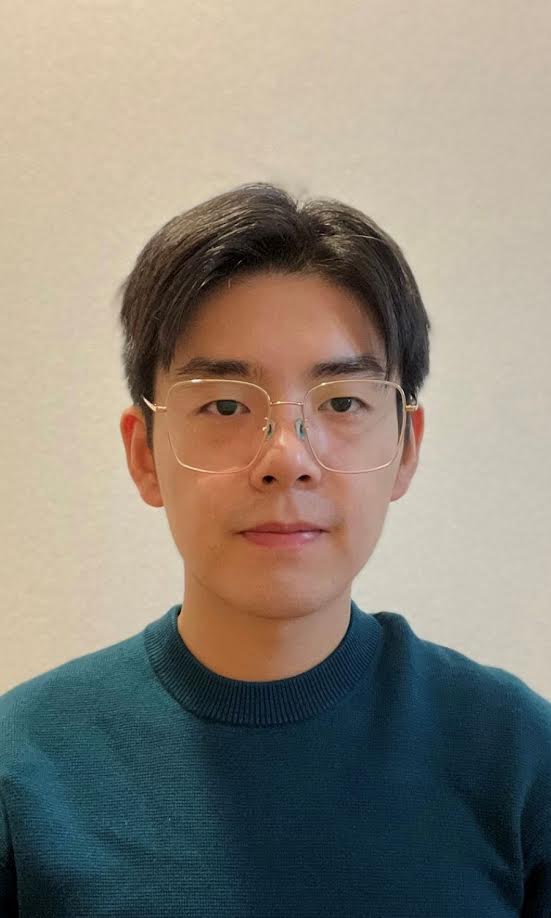
Dingxin Xu
Xinhang Xu received the B.S. degree (Hons.) from Peking University, Beijing, China, in 2022, where she is currently pursuing the Ph.D. degree under the guidance of Prof. Linxiao Shen. Her research interest includes power-efficient analog front end, high-precision data converters, and RC oscillators.
She has first-authored papers at the IEEE International Solid-State Circuits Conference (ISSCC), IEEE European Solid-State Circuits Conference (ESSCIRC), and IEEE International Symposium on Circuits and Systems (ISCAS). She has also co-authored several papers in ISSCC, IEEE Journal of Solid-State Circuits (JSSC), IEEE Solid-State Circuits Letters (SSC-L), and IEEE Custom Integrated Circuits Conference (CICC), where one paper was selected as the ISSCC 2023 Anantha P. Chandrakasan Award for Distinguished-Technical-Paper.
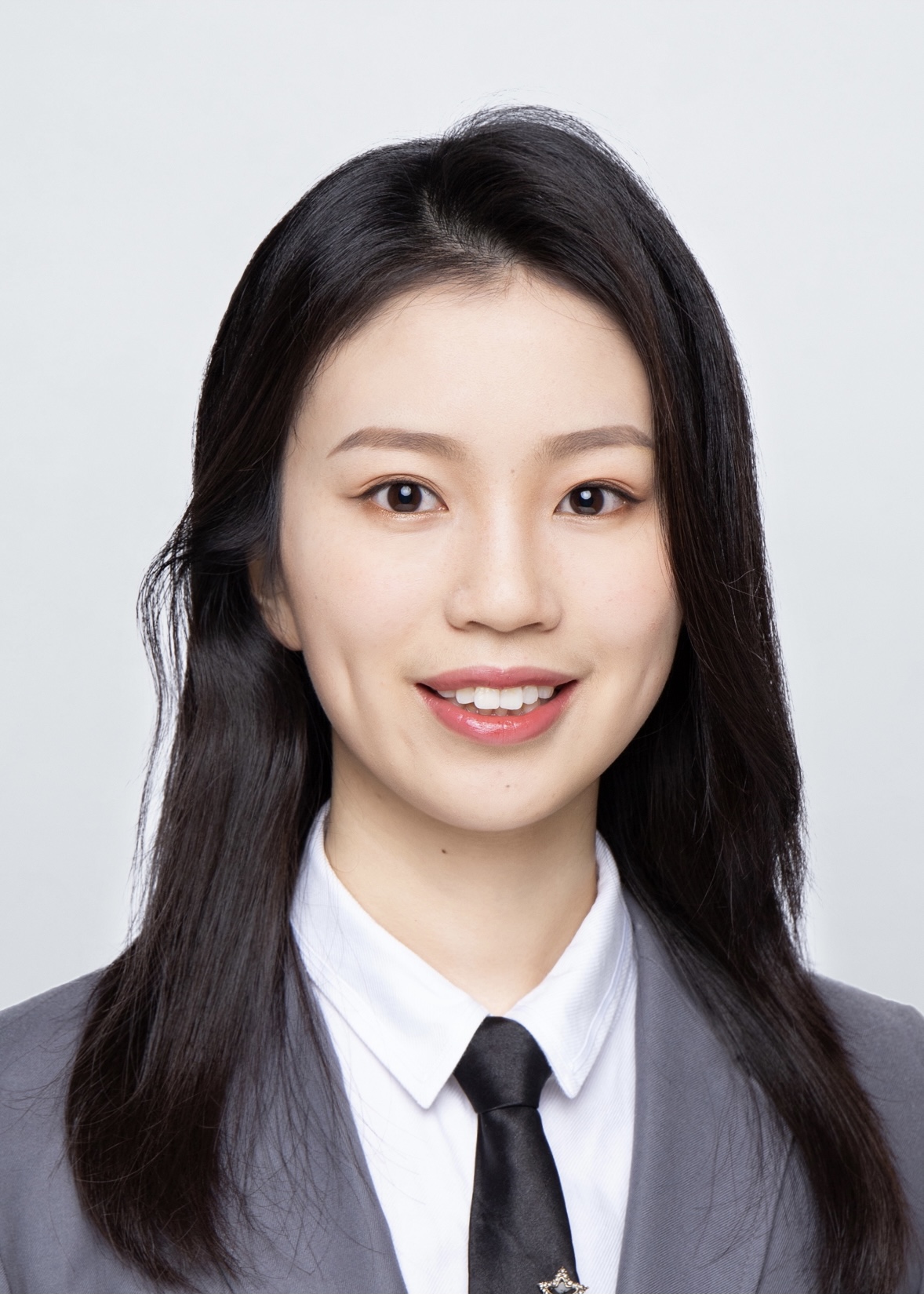
Xinhang Xu
Liping Zhong received a B.S. degree in communication engineering from the Hunan University of Arts and Science, Changde, China, in 2017 and an M.S. degree in electronic and communication engineering from the Guangdong University of Technology, Guangzhou, China, in 2020. He is currently pursuing a Ph.D. degree at the Southern University of Science and Technology, Shenzhen, China.
His current research interests include high-speed mixed-signal and RF integrated circuit design. He has first-authored and co-authored several papers in International Solid-State Circuits Conference (ISSCC), Symposium on VLSI Circuits (VLSI), Custom Integrated Circuit Conference (CICC), European Solid-State Circuits Conference (ESSCIRC), and Journal of Solid-State Circuits (JSSC).
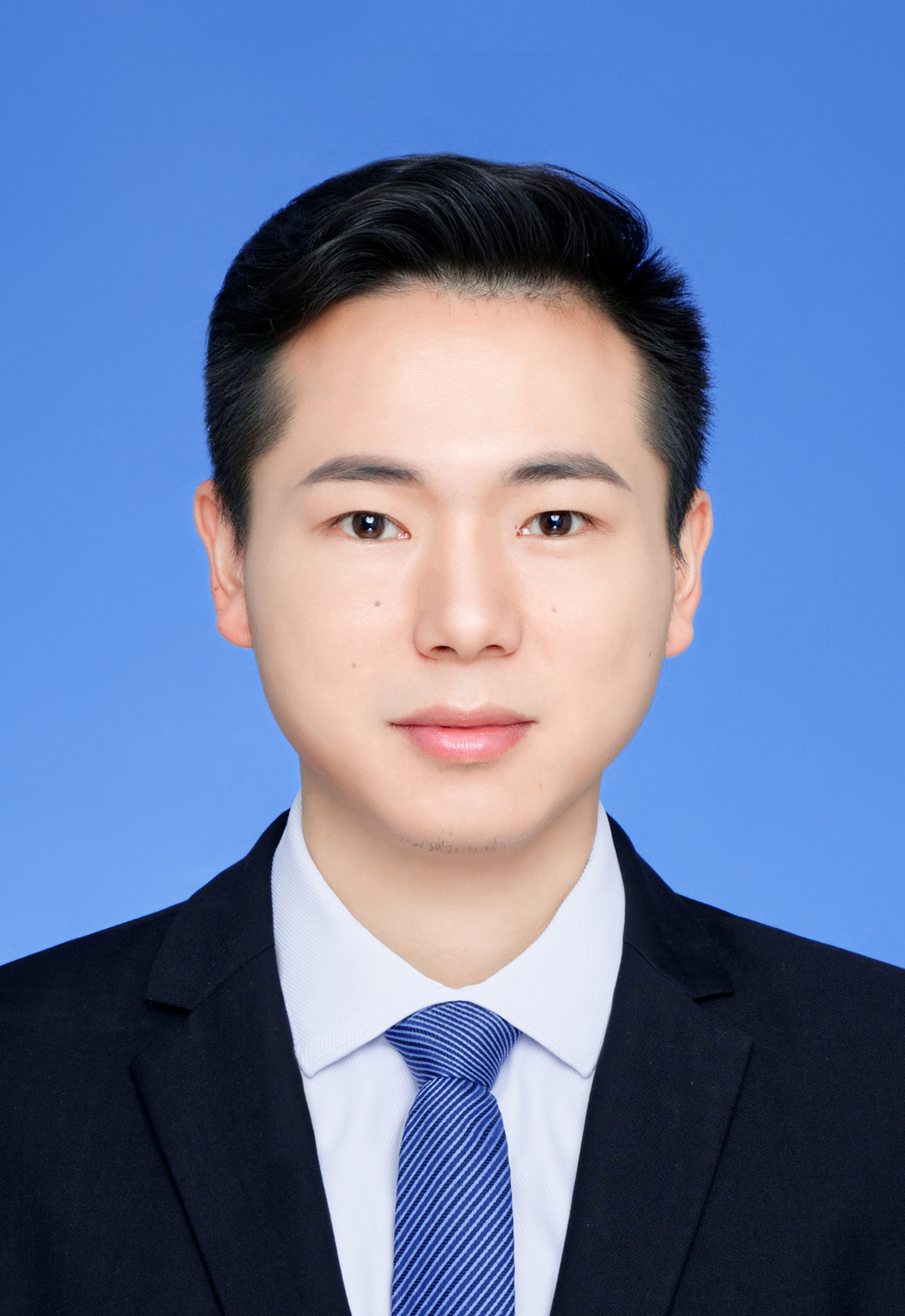
Liping Zhong
Xiongjie Zhang received his B.E. degree in Microelectronics from Sichuan University, Chengdu, China, in 2020, and the M.S. degree in Electrical and Computer Engineering from the University of Macau, Macau, China, in 2022, where he is currently pursuing the Ph.D. degree under the supervision of Prof. Rui Martins and Prof. Yang Jiang.
His research interests include efficient and high-density on-chip power delivery techniques, especially switched-capacitor hybrid DC-DC converters for electrical automotives and high-performance computing. His research has resulted in more than 10 papers, with first-authored IEEE publications including 2 Journal of Solid-State Circuits (JSSC), Symposium on VLSI Circuits (VLSI), European Solid-State Electronics Research Conference (ESSERC), Transactions on Power Electronics (TPEL), Transactions on Circuits and Systems II: Express Briefs (TCAS-II), etc. Xiongjie was a presenter at the 2023 ISSCC Student Research Preview, and a recipient of IEEE Circuits and Systems Society (CASS) Student Travel Grant (2024), IEEE International Symposium on Circuits and Systems (ISCAS) Student Travel Grant (2024), and the IEEE ISCAS Predoctoral Travel Grant (2024). He also serves as a technical reviewer for JSSC, TCAS-I, and TCAS-II.
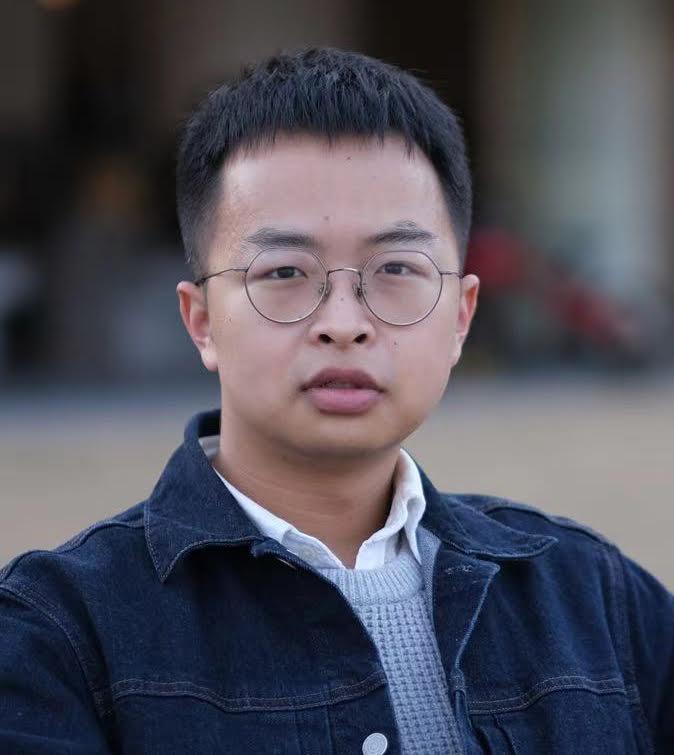
Xiongjie Zhang
Ji Jin received the B.Eng. degree in electronic and science and technology from University of Science and Technology of China, Hefei, China, in 2020. He is currently pursuing the Ph.D. degree in electronic science and technology with the School of Microelectronics, University of Science and Technology of China, Hefei, China.His current research interests include hybrid dc-dc converters and power management integrated circuits. His research resulted in 10 publications in the IEEE International Solid-State Circuits Conference (ISSCC), IEEE Journal of Solid State Circuits (JSSC), and Custom Integrated Circuits Conference (CICC) etc., including 3 first-authored papers in ISSCC and 2 first-authored papers in JSSC. He has served as a reviewer for IEEE Journal of Solid State Circuits (JSSC) and IEEE Transactions on Circuits and System I: Regular Papers (TCAS-I).

Ji Jin
Qiang Zhou received the B.S. degree from Peking University, Beijing, China, in 2019. He is currently pursuing the Ph.D. degree in the Department of Electrical and Computer Engineering at Rice University, Houston, TX, USA. His research interest includes hardware security and millimeter-wave/THz integrated circuits and systems for wireless communication.
He was a recipient of the Student Research Competition Award (1st Place) at 2021 IEEE Texas Symposium on Wireless and Microwave Circuits and Systems. He has first-authored and co-authored several papers in International Solid-State Circuits Conference (ISSCC), Transactions on Microwave Theory and Techniques (TMTT), International Microwave Symposium (IMS), International Microwave Symposium (ICC). He has served as a reviewer for IEEE Transactions on Microwave Theory and Techniques (TMTT), IEEE International Symposium on Circuits and Systems (ISCAS).




